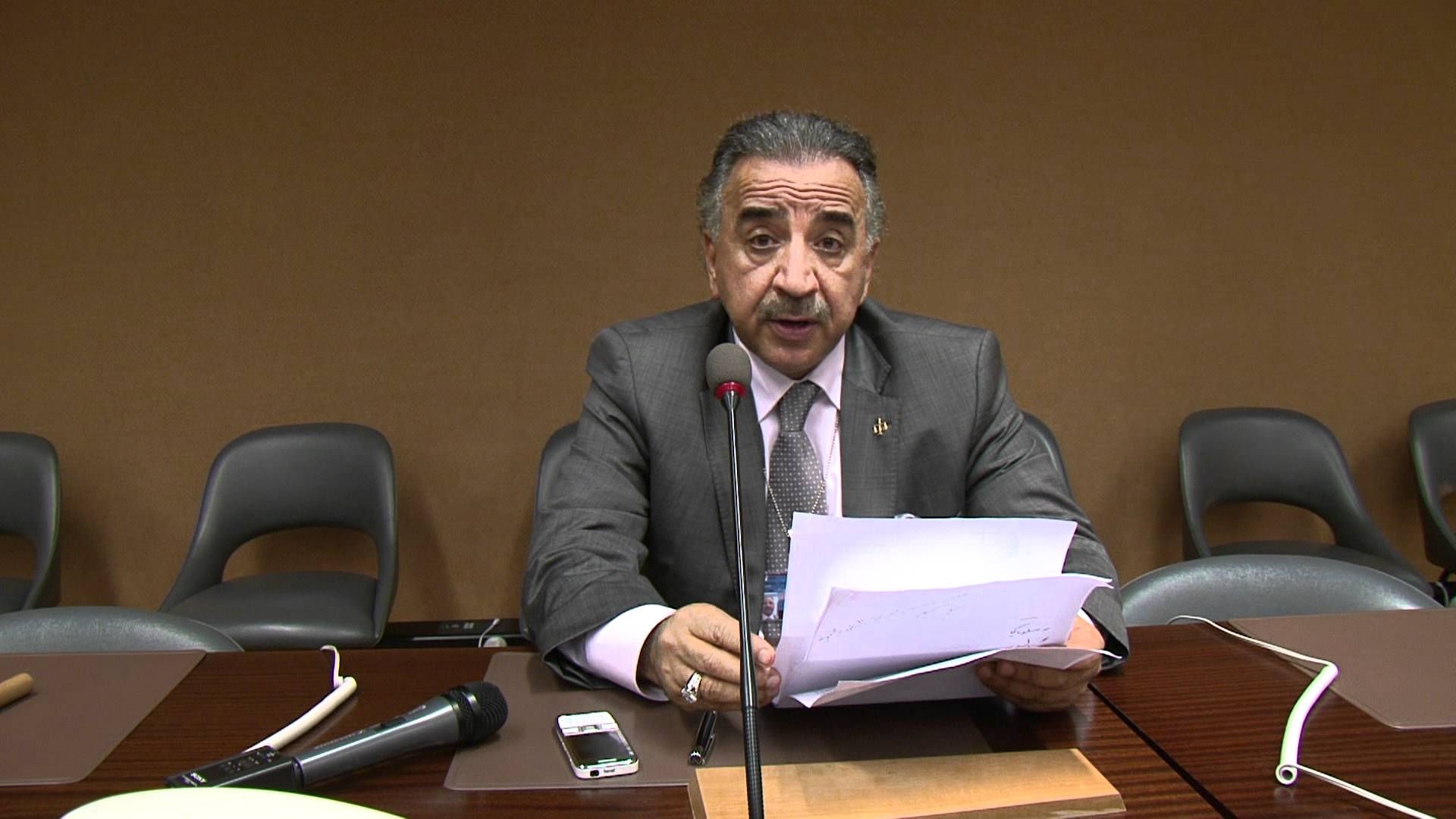The public prosecution in Kuwait recently issued a directive to all exit borders for the arrest of Kuwaiti Member of Parliament (MP) Abdul Hamid Dashti upon his attempted return to the country. Dashti is still abroad and said that such a measure is unprecedented, claiming it will be a “disaster for civil liberties in Kuwait.” This is not the first incident in which Dashti’s actions have angered Kuwaiti authorities. However, now the parliamentary legislative and legal affairs committee has also granted the public prosecution’s request to lift Dashti’s parliamentary immunity. Dashti stated that “things are obviously different this time.”
In addition to Kuwait, Saudi and Bahraini officials have also filed charges against Dashti in the past. Saudi Arabia requested an official inquiry last year due to remarks he made on television that Saudi authorities claim attacked its state policies. Dashti also commented on the Saudi coalition’s destruction in the ongoing war in Yemen. In Bahrain, Dashti angered officials after criticizing the country’s leadership in one of his tweets.
Dashti’s situation falls in line with the recent trend in Kuwait of declining space for free speech and civil liberties. Consequences for those who publish material that authorities deem “undermine the country’s security and stability” and bring “harm to its institutions” can go so far to include citizenship revocation. In a recent case, Kuwaiti authorities stripped Ahmad Jabr al-Shammari of his citizenship because he owned an independent television station and newspaper that officials felt defied their government media ban.
Kuwaiti officials hand down citizenship revocations and prosecute citizens for their exercise of freedom of expression under a 2014 telecommunications law that allows no opportunity for appeal or review. In January of this year, Kuwait’s Parliament further enacted additional laws which prescribe jail time of up to ten years for criticizing the government, religious officials, or foreign leaders, and require all web-based publications to possess a government license.
Margaret Bailey is an Advocacy Intern at ADHRB.





